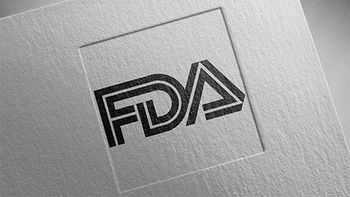
Global market expansion and technology investment will shape pharma's supply chain, says UPS
Fifth annual 'Pain in the (Supply) Chain' survey finds continuing balancing act between growth and cost control
Ever-increasing regulatory compliance issues are a top worry of supply-chain decisionmakers worldwide, according to the latest “Pain in the (Supply) Chain” survey conducted by UPS Healthcare Logistics (Atlanta). The company, which has positioned itself aggressively to provide global supply chain management services for healthcare products manufacturers, finds that 65% of respondents globally cited regulatory compliance an impact issue; the second highest issue was cost management, cited by 60%. (At the same time, only 41% of respondents felt that they were successfully addressing cost issues). Responses were gathered, by telephone interviews this spring, from 375 healthcare executives in the US, Western Europe, Asia and Latin America, representing pharma, biotech and med-device manufacturers.
UPS also provides five-year trend data of the survey. One of the more prominent results is how product security has shot up as an issue: It was a concern of only 13% of respondents in 2008, then jumped to 61% by 2011 (probably a result of the infamous 2010 Eli Lilly Enfield, CT, burglary, in which $75 million worth of product was stolen; the alleged perpetrators
About 62% of respondents say that they will be working with, or increasing their reliance on, third-party logistics service providers, and significant percentages of them will be changing their distribution channels to include direct-to-patient (8%) and direct-to-provider (20%); however, the majority (55%) plan no change from existing practices. “Healthcare companies need a new level of flexibility in their supply chains and logistics operations today,” UPS concludes. Many companies are moving to a variable cost structure in which they outsource core logistics functions and take advantage of existing third-party infrastructure, labor and technology to avoid or lessen fixed costs. This approach allows companies to enter new markets and expand globally while keeping costs down.”
The executive summary of the report is available
Newsletter
Stay ahead in the life sciences industry with Pharmaceutical Commerce, the latest news, trends, and strategies in drug distribution, commercialization, and market access.




